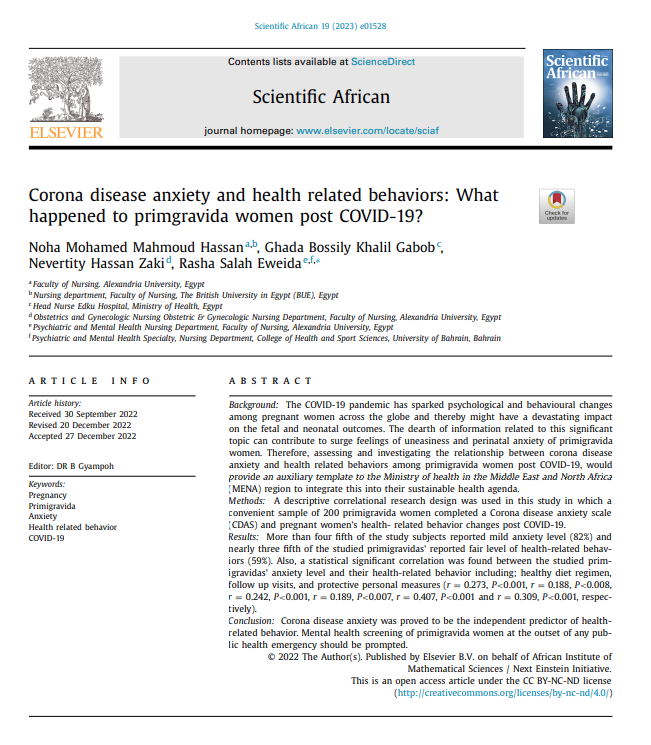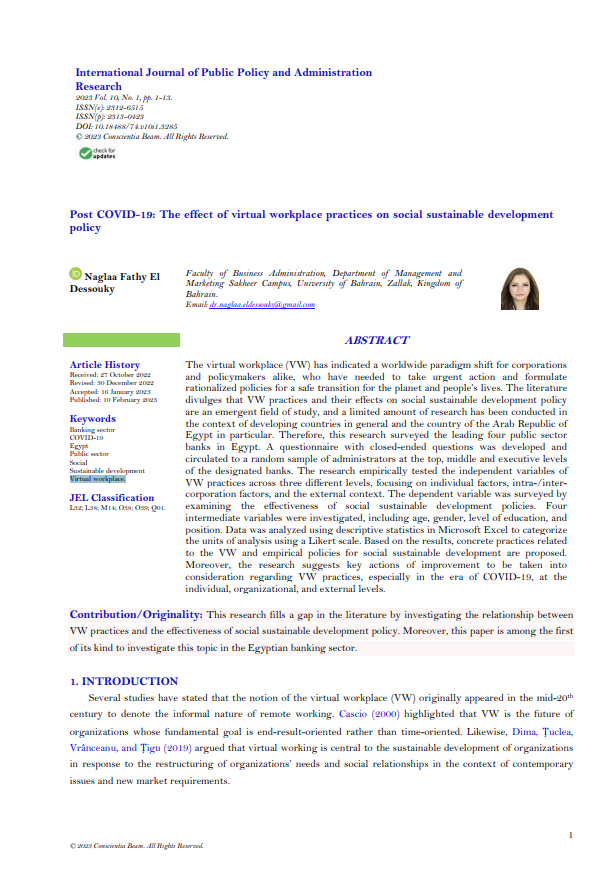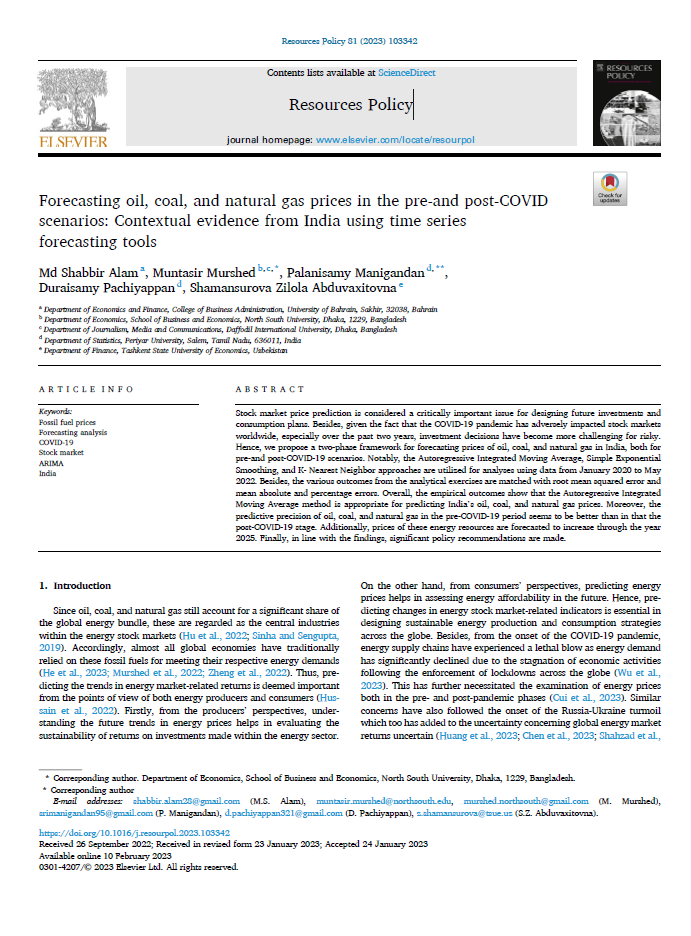Document
Adherence to the United States Department of Agriculture Dietary Recommendations Pre- and During the Coronavirus Disease-19 Pandemic Among Pregnant Women in Arab Countries
Linked Agent
Hoteit, R, Author
Al-Jawaldeh, A, Author
Abou Nasr, M, Author
Obeid, S, Author
Fakih, C, Author
El Hajj, M, Author
Qasrawi, R, Author
Abu Seir, R, Author
Allehdan, S, Author
Ismail, M.S, Author
Bookari, K, Author
Arrish, J, Author
Al-Bayyari, N, Author
Tayyem, R, Author
Title of Periodical
Frontiers in Nutrition
Country of Publication
Kingdom of Bahrain
Place Published
Sakhir, Bahrain
Publisher
University of Bahrain
Date Issued
2022
Language
English
Subject
English Abstract
Introduction:
By March 21, 2020, the novel 2019 coronavirus disease (COVID-19) had infected over 292,000 confirmed cases worldwide, with 18,000 confirmed cases in the Eastern Mediterranean countries (1). Because of the new COVID-19’s extremely contagious nature, numerous governments have taken exceptional measures to prevent disease transmission, such as suspending public transportation and restricting the whole social life (2). These measures affected the lifestyles of many people, including pregnant women, in a significant way. In the time of pandemics, mother’s nutritional patterns become of high-priority for the mother’s and child’s health (2). Healthy eating habits and adherences to evidenced-based guidelines is one of the requirements for a successful pregnancy (3). Poor adherence to dietary standards and guidelines can lead to nutritional deficits that affects the pregnancy’s progress and the child’s healthy growth (2, 3). During crises, good dietary patterns, combined with adequate intake, increases the likelihood of an optimal pregnancy outcomes (2, 4). During pregnancy, the development of maternal tissues, fetal growth, and breast milk production increase nutritional requirements (4). Different national and international organizations advocate dietary improvement, such as adhering to the USDA pregnancy guidelines which show the amount of food recommended for pregnant women including fruits, vegetables, grains, dairy, and protein foods (5). Despite evidence supporting the importance of maternal nutrition, various studies reveal that few women follow adequate diets (6). A study conducted in Jordan showed low adherence to dietary guidelines among 99% of pregnant women during the pre-COVID-19 time (6). This study was conducted to provide a situational analysis with regards to maternal nutrition and to assess the adherence to the USDA’s guidelines among pregnant women in five Arab countries (Lebanon, Palestine, Jordan, Saudi Arabia, and Bahrain). Due to unavailability of common Eastern Mediterranean guidelines, USDA guidelines were adopted in this study to determine cutoffs of serving size consumption, which may not fully reflect the situation of Eastern Mediterranean women. The selection of countries was based on a collaborative work between researchers from these countries. Despite the availability of nutrition awareness information, the working hypothesis anticipated in this study that most pregnant women ignore the appropriate advice and do not adhere to the USDA dietary guidelines.
Member of
Identifier
https://digitalrepository.uob.edu.bh/id/650cb043-7a15-4f06-b49a-2ae0955e301f
Same Subject






